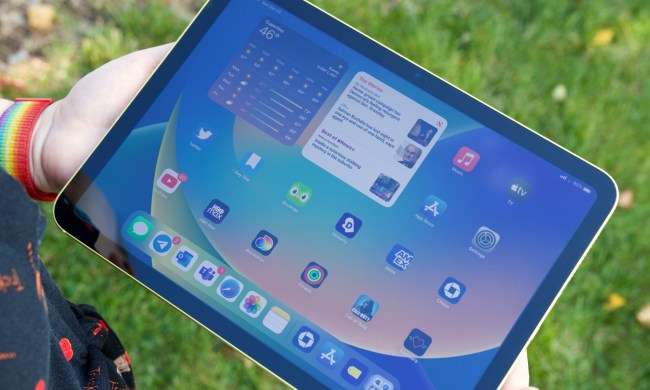
The ruling, which reversed a federal district court decision issued last year, arose in the context of a case involving Quartavious Davis, who was a suspect in a series of armed robberies. Prosecutors obtained 11,606 location records from Davis’ wireless carrier, MetroPCS, which is how they tracked him. Davis’ lawyers argued that the records were inadmissible, since they were acquired without a warrant or probable cause. His lawyers argued that this tracking activity constituted an unreasonable search and seizure in violation of Fourth Amendment.
Unfortunately for Davis and his lawyers, the Eleventh Circuit saw things a little differently, holding that the obtaining of Davis’ MetroPCS location records did not involve “physical intrusion on private property or a search at all,” according to the decision. Because of this, the Court ruled that it did not violate the Fourth Amendment.
The Court ruled that there was no expectation of privacy toward the records, a ruling that fully reversed last year’s ruling in the case at the district court level.
“We hold that cell site location information is within the subscriber’s reasonable expectation of privacy,” read last year’s decision. “The obtaining of that data without a warrant is a Fourth Amendment violation.”
Privacy and digital rights advocates aren’t too thrilled with the ruling, arguing that this will set a precedent for the government to easily acquire other kinds of records in the future, such as your web-browsing history.
“It’s a shame the Court felt confined by a case decided from the 1970s to decide the constitutionality of a very modern form of surveillance,” Electronic Frontier Foundation (EFF) surveillance law expert and attorney told Motherboard.
Keep in mind, however, that this ruling is legally binding only in the Eleventh Circuit, which covers Florida, Georgia, and Alabama. Davis’ lawyers may appeal the decision to the Supreme Court, so we’ll keep you posted with any updates.


